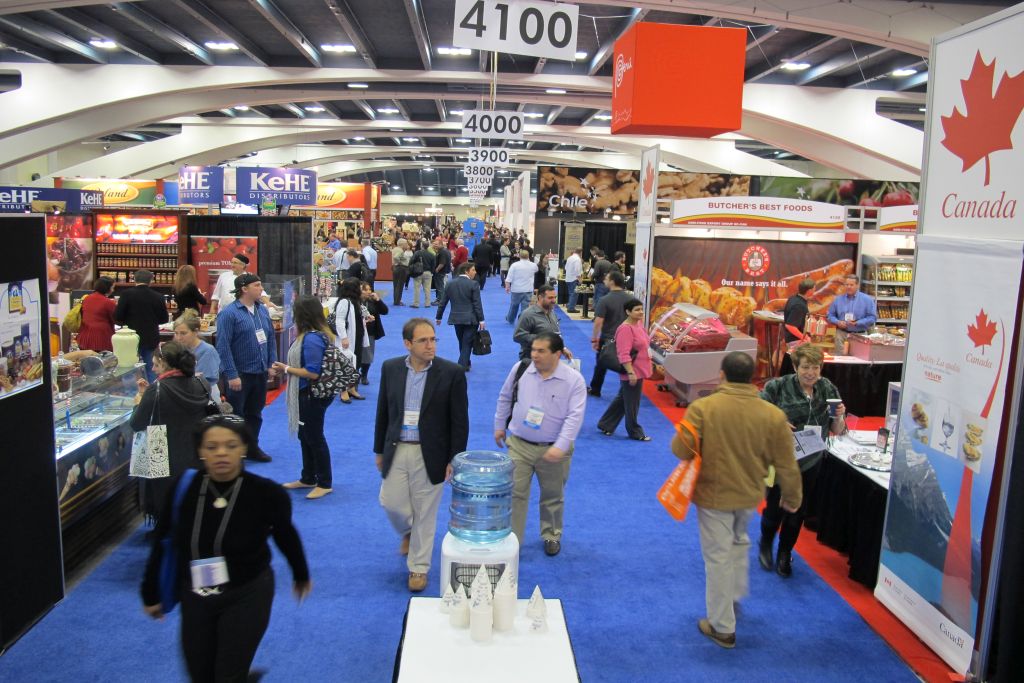Skift Take
San Francisco remains a major draw for events despite high costs and other pervasive problems. Perhaps the Bay Area can turn to the creative thinking it's known for to solve some of these issues.
High costs, conspicuous homelessness, and limited hotel supply are a few of the issues San Francisco faces as a destination in the midst of a period of unprecedented economic growth.
For event professionals, it can be a challenge to find an affordable solution to holding an event in San Francisco. Room rates are consistently high, with hotel occupancy sitting north of 80 percent year-round. It’s a good problem to have for a city, but not so much for groups looking to meet in San Francisco proper.
“What it’s generating is a huge amount of business on the travel side, we’ve never had our demand be as high as it is right now,” said Joe D’Alessandro, president and CEO of San Francisco Travel. “We’re always full and commanding these incredibly high rates, which you know, for the hotel ownership groups is great, but it also creates pressure. Any sort of success like this [economically] can make it a struggle sometimes to get the rooms for big group business that that has been the bread and butter of San Francisco for so long.”
The popularity of San Francisco as a tourist destination, too, can make it hard for planners to find the rooms they need when sourcing an event. More than 26 million travelers visited the city in 2018, a 2.4 percent increase over 2017. To give some perspective, 16.5 million visited the city in 2012.
Research from the organization’s 2018 business plan, though, bears out the problem. While hotel occupancy and rates ticked down slightly in 2017, group business declined 12.8 percent from 2016 to 2017. Group business represented 18.2 percent of the city’s 2017 market mix.
This crunch has led to cooperation between San Francisco and neighboring cities to spread events around the Bay Area.
“With the strength of the economy, there’s a lot more transient demand for San Francisco too,” said D’Alessandro. “It lessens the group availability. We have to work with the whole region. We encourage [groups and planners] to look at San Jose or Santa Clara or Sacramento to have their meeting there because we realize that maybe once they grow big enough, they could come to San Francisco. Still, they can have the whole Bay Area experience by going to one of our partners.”
While the city’s hotel supply has remained limited (let’s not forget Airbnb was founded to provide housing during events in the city), various improvements are taking place to improve San Francisco’s viability as a destination for meetings. The Moscone Center, the city’s convention center, completed a $551 million expansion last year which adds 150,000 square-feet to the venue.
A new arena is set to open in Mission Bay to host the Golden State Warriors, which will also feature modular meeting space to accommodate both large and small events.
The city’s public transit situation is also evolving, with a new subway line slated to enter service soon that runs north-to-south across the city, complementing the existing lines that run east-to-west.
“We pretty much have led California out of the recession and the United States in general because so much of the strong players in the economy here in the Bay Area,” said D’Alessandro. “It causes the affordability challenges that we have and a lot of the other things, but it also creates a lot of positives. And there’s an incredible amount of investment going on in San Francisco, in the public realm right now that is historic.”
As the city searches for solutions to better manage its economic growth, there is hope that the same minds that founded companies like Airbnb, Salesforce, and Uber will soon focus on the public good. There have been rumors that the city has lost business directly due to its homeless epidemic, although San Francisco Travel denies it, and a casual stroll through downtown San Francisco shows the troubling scope of the challenge.
While area corporations opposed a recent proposed solution to the displacement of San Francisco’s homeless, the city will have to grapple with its issues to provide not just a better life for locals but a stronger value proposition as an event destination.
“This incredible growth also creates a lot of pressure that these creative minds are trying to figure out a way to solve,” said D’Alessandro. “So many cool, transformative things have come out of the community here in the Bay Area. When you look at the inequality walking around, or the political and economic issues, how are they intertwined? Can we innovate on that and fix it, or at least find some sort of solution to sort of make life better?”
Have a confidential tip for Skift? Get in touch
Tags: ceo interviews, meetings, meetingsiq, san francisco, skift cities
Photo credit: A photo of a trade show at San Francisco's Moscone Center. Moscone Center
